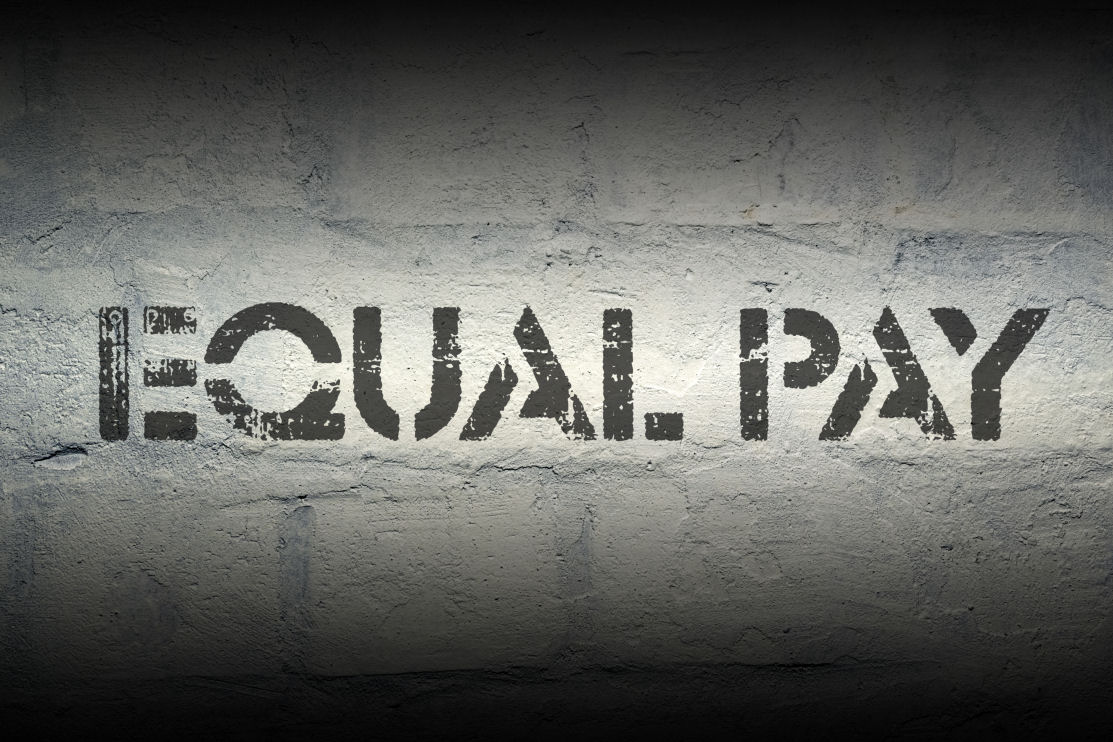April 21, 2016

In an effort to reduce the pay gap between men and women for equivalent work, the Equal Employment Opportunity Commission recently proposed a new EEOC reporting requirement that will affect employers with 100 or more employees. While the EEOC claims the requirement should not be overly burdensome, many HR management attorneys appear skeptical; they believe the reporting will be time- and labor-intensive, will not provide the meaningful information sought by the EEOC, and may increase risks for EEOC audits of employers. Here’s what you need to know:
The Timeline
The very first Act signed into law by President Obama was the Lily Ledbetter Fair Pay Act in 2009. In continuing its commitment to pursuing equal pay regardless of gender, on January 29, 2016, the commission announced the new proposal to expand the EEOC reporting requirement on Form EEO-1. If enacted as proposed, the new requirements would affect reports due on or before September 30, 2017.
Who is Affected
In a recent report by the Society for Human Resource Management (SHRM), Washington, D.C. attorney Connie Bertram noted that “the EEOC is effectively trying to replace a recent proposed rule issued by the Office of Federal Contract Compliance Programs requiring compensation data reports by government contractors, and broadening it” to apply to all employers with 100 or more employees. As proposed, employers with fewer than 100 employees would be not impacted.
The Goal of the Proposal
The intent of the proposed reporting requirement is to provide the EEOC with meaningful data that can identify gender-specific compensation discrepancies. It is hoped that this meaningful data can spotlight for employers any disparities that can be addressed proactively. Of course, reported data that show such disparities could also result in EEOC audits and penalties for employers. EEOC Chair Jenny Yang said, “Collecting pay data is a significant step forward in addressing discriminatory pay policies.” Secretary of Labor Thomas Perez added: “We can’t deliver on the promise of equal pay unless we have the best, most comprehensive information about what people earn.”
The Proposed EEOC Reporting Requirement
The proposed expanded EEO-1 form’s reporting requirements would require that pay data be reported across 10 job categories and within 12 pay bands. In the SHRM report, McLean, VA attorney Alissa Horvitz noted that these categories are very broad, and thus, “will not be very meaningful.”
As to the burden for employers of complying with the proposed requirements, the EEOC estimates it will take each of the 60,886 affected private-industry employers an average of 6.6 hours to read the new instructions and file the required reports per those instructions. This time burden seems optimistic, especially for employers who do not use integrated pay and compensation reporting systems to comply with current EEO-1 filing requirements.
Possible Risks
Other attorneys in the SHRM report agree: there can be many factors that impact pay levels within communities, companies, and even within job categories and pay bands. This, they believe, will create potential “false positives” that put employers at risk for audits or penalties without truly creating benefits for the full spectrum of employees.
There is also a concern over confidentiality of the reported data. Boston attorney Greg Keating noted that even though the EEOC has pledged not to divulge reported data, the Office of Federal Contract Compliance Programs has previously released similar information through the Freedom of Information Act (FOIA).
The Bottom Line
At Total Reward Solutions, we want you to be aware and be prepared for legislation and reporting requirements that can impact your company. While the new EEOC reporting requirement is still in the proposed stage (with SHRM having the opportunity to comment on the proposal), it is clear that the EEOC believes this expansion of required data will have a positive impact on the business and societal issue of gender pay inequity.
If you aren’t confident that your company is prepared to provide the pay data proposed, or to make prudent adjustments to avoid risks of noncompliance or pay inequality, contact us today at 317.589.8529.
Cassandra Faurote
About Total Reward Solutions:
Total Reward Solutions is your outsourced compensation services provider, dedicated to innovating total rewards that drive people and business excellence. Led by respected and professionally certified Human Resources expert Cassandra Faurote, Total Reward Solutions offers a broad range of compensation, benefits, performance management, and reward/recognition consulting services to help your organization attract top talent, motivate employees and retain top performers. Call us today at 317.589.8529 to discuss how we can help your organization develop and implement competitive and effective compensation and total reward programs.
